Monday, March 21, 2022 / 12:43 PM / by Wole Obayomi / Header Image Credit: EcoGraphics
On Friday, 11 February 2022, the Tax Appeal Tribunal sitting in Lagos, decided in Sahara Energy Exploration and Production Limited vs Federal Inland Revenue Service that the Appellant's partial transfer of interest in an oil prospecting license (OPL) constituted a disposal of chargeable asset under Section 3 of the Capital Gains Tax (CGT) Act, and not a gain from petroleum operations as provided under Paragraph 1(2) (b) of the Second Schedule to the Petroleum Profits Tax (PPT) Act
Facts of the Case
In November 2005, Sahara transferred half of its 90% participating interest in OPL 332 to BG Exploration and Production Nigeria Limited (BG) and realised a gain of US$27,915,000 on the transfer. Following a notification from National Assembly regarding Sahara's tax liabilities from the transaction, the FIRS carried out a routine tax audit on Sahara's records for the 2004 - 2009 financial years. After several reconciliation exercises, the FIRS assessed the Company in its letter of 23 May 2012 to a capital gains tax of US$3,210,225 inclusive of interest and penalties. Sahara objected to the FIRS' assessment within the statutory period, stating that the disposal occurred before the Company's first accounting period. Therefore, the gain derived therein should be treated as part of its chargeable oil receipts, during the first accounting period, in line with Paragraph 1(2)(b) of the Second Schedule to the PPT Act. The FIRS refused to accept the Company's position and insisted that the CGT assessment was valid.
Dissatisfied with the FIRS' position, Sahara filed an Appeal before the TAT seeking the following reliefs:
- An order discharging the Appellant of the CGT assessment served on it by the Respondent in respect of transfer of interest in OPL 332 for 2009 year of assessment.
- For such further orders as the Tribunal may deem fit to make.
Sahara argued that the FIRS wrongly computed CGT on gains from an asset disposed of before the Company's first accounting period, as the gains from the disposal should form part of the Company's aggregate proceeds from sale of chargeable oil when it commenced its first accounting period as provided under Paragraph 1(2)(b) of the Second Schedule to the PPT Act. The Appellant also noted that Paragraph 1(2) (b) is a specific provision that guides the treatment of assets disposed of by petroleum companies before commencement of production and should, therefore, override the general provision of Section 3 the CGT Act.
Further, the Company argued that the FIRS was statute-barred from assessing it to CGT based on the provisions of Section 34(2) of the FIRS Establishment Act (FIRSEA) and the CGT Act as the obligation to deduct CGT arose in 2005, while the FIRS assessment was only raised on 23 May 2012, seven (7) years after the CGT crystallized. Finally, the Company argued that it was not liable to interest and penalties on the basis that it submitted its objection within the statutory timeframe, and the alleged liability was not yet final and conclusive. The Company claimed that the imposition of fines and penalties amounted to usurping the constitutional role of the courts and a breach of its right to fair hearing. On its part, the FIRS argued that the disposal of the 45% interest in OPL 332 qualifies as a disposal of a chargeable asset within the context of Section 3 of the CGT Act. Therefore, the gain derived from the disposal should be assessed to CGT accordingly. Further, the FIRS argued that the Appellant's request on application of statute of limitation should be dismissed by the Tribunal, as it was not included in the Company's grounds of Appeal in the Notice of Appeal filed with the Tribunal. The FIRS noted that the FIRSEA was enacted in 2007, hence, the statute of limitation provisions in Section 34 of the Act would not apply retrospectively to the Company's tax obligation which arose in 2005. Also, that the provisions of Paragraph 19 of the Fifth Schedule to the FIRSEA already precludes the application of statute of limitation on the instant issue as the case has been referred to the TAT for adjudication.
Finally, the FIRS rejected the Appellant's claim that the imposition of interest and penalties was unconstitutional and ultra vires its powers. Citing Section 32 of the FIRSEA, the FIRS maintained that interest and penalties became applicable immediately the Appellant failed to meet its tax obligation as provided in the CGT Act. Further, the imposition of interest and penalties neither deprives Sahara of its right to a fair hearing nor hinders the Court's power to decide on the issue.
Issues for Determination
Based on the prayers and arguments of the parties, the TAT adopted the Appellant's issues for determination as follows:
- whether gains from disposal of assets by a petroleum company before its first accounting period ought to be treated as part of that company's income from the sale of chargeable crude oil in that company's first accounting period pursuant to Paragraph 1(2)(b) of the Second Schedule to the PPTA;
- assuming without conceding that the gains from the disposal of participating interest in OPL 332 is subject to CGT, whether the Respondent's letter of assessment dated 25 May 2012 and the accompanying notice of assessment of PDBA 03 are not statute-barred;
- whether the Appellant is liable to penalties and interest having objected to the tax assessment within the time prescribed by relevant law.
TAT's Decision
After considering the arguments of both parties, the TAT held that:
(i) The Appellant's transfer of 45% out of its interest in OPL 332 to BG qualifies as a disposal of chargeable asset as contemplated under Section 3 of the CGT Act. Therefore, the gain derived thereon is liable to CGT. The Tribunal clarified that the transfer of interest in OPL 332 was not covered under Paragraph 1(2)(b) of Second Schedule to the PPT Act. For an asset to qualify as a capital asset in the purview of Paragraph 1(2)(b) of the Second Schedule to the PPT Act, it must be tangible and used for petroleum operations. Since the asset in question is an intangible and was not used for the Appellant's petroleum operations, it is outside the scope of Paragraph 1(2)(b).
The TAT further noted that Section 3 of the CGT Act confirms that capital gains or income from sale of assets under the PPT Act are subject to CGT. The Tribunal referenced the use of keywords in Section 3 of the CGT Act such as: "all forms of property", "including" "incorporeal property", "without prejudice", and "notwithstanding" in deciding that the provisions of the CGT Act supersede those of the PPT Act on the issue. Also, the TAT referenced its judgement in an earlier related case between the two parties in May 2021, citing the similarities in its conclusion on that case in the instant case.
(ii) The second issue for determination raised by the Appellant was unrelated to any of the grounds of appeal in the Appellant's Notice of Appeal. The position of the law is that issues for determination must flow from the Grounds of Appeal and must not be unconnected or diametric to the grounds of appeal, otherwise the issue is incompetent and liable to be struck out. Consequently, the TAT struck out Sahara's second issue on the statute of limitation of the assessment.
(iii) The TAT disagreed with the Appellant's argument to restrict the FIRS' power to charge interest and penalties until the tax liability in question is final and conclusive. The Tribunal noted that interest and penalties are twin consequences of the breach of the provisions of the tax laws with respect to timelines for payment of taxes. Thus, objections and the appeal process provide the taxpayer and the tax authority with the opportunity to test the validity of the tax liability. However, the appeal process does not impinge on FIRS' power to impose penalty and interest on additional assessments. Therefore, once the tax liability is established, interest and penalties will crystalize from the date the tax was due. A tax liability established at the end of an objection/ appeal must relate back to and take effect from the day the duty to pay and/ or remit that tax arose. However, where the tax liability is struck out, the issue of interest and penalties will not arise.
Finally, the Tribunal also clarified that the powers of the FIRS to impose penalties and interest do not impede the statutory functions of the courts or the requirements of Section 36(1) of the 1999 constitution of the Federal Republic of Nigeria. Accordingly, the TAT validated the FIRS' imposition of penalties and interest on the CGT liability.
Commentary
The TAT's decision clarified the interpretation and application of Paragraph 1(2)(b) of the Second Schedule to the PPT Act and its relationship with Section 3 of the CGT Act. Specifically, Section 3 of the CGT Act provides that disposal of incorporeal property is taxable under the Act, "notwithstanding that the property disposed is an asset in respect of which qualifying expenditure had been incurred under the Schedule to the Personal Income Tax Act, the Third Schedule to the Companies Income Tax Act or the Petroleum Profits Tax Act". Therefore, the basis of the TAT's decision is understandable.
However, the TAT's position that an asset must be tangible and used for petroleum operations in order to qualify as a capital asset contemplated under Paragraph 1(2)(b) of the Second Schedule to the PPT Act is incorrect. It appears that the TAT ignored the context in which Paragraph 1(2)(b) of the Second Schedule to the PPTA was enacted; which was in continuation of an earlier provision in Paragraph 1. Specifically, Paragraph 1(d)(i) of the Second Schedule to the PPT Act defines "qualifying drilling expenditure" to include "expenditure incurred in connection with, or with petroleum operations in view of the acquisition of, or of rights in or over, petroleum deposit...". Therefore, the amount paid by BG to the Appellant to acquire part of the latter's participating right in OPL 332, qualifies as an amount paid to acquire right in, and over a petroleum deposit, and thus, qualifies as a capital expenditure contemplated under Paragraph 1(2)(b), notwithstanding that it is an intangible. Further, the TAT's assertion that the asset in question was "not meant for petroleum operations" is surprising, considering that the Appellant is engaged in upstream petroleum operations and the interest disposed of relates to a qualifying drilling expenditure.
The issue on the statute-barred assessments was struck out by the TAT because the Appellant failed to include it in its grounds of appeal. It is important to emphasise that the TAT's decision did not invalidate the Company's argument, except that it was not originally included in the grounds of appeal. Section 34(2) of the FIRSEA limits the powers of the FIRS to assess companies to additional tax liabilities after five years from the date such tax was under-assessed unless such under-assessment was caused by false documentation or material misstatements. Further, Section 375(2) of the Companies and Allied Matters Act, 2020 allows companies to keep records for up to six years from the date such records were made. It is therefore likely that the decision of the TAT might have been different had the Company included this particular prayer in its grounds of appeal, as the FIRS would have been required to prove the existence of false documentation, willful default, or fraud in order to assess the Appellant to additional tax in 2012, which was seven years after the transaction occurred in 2005 financial year.
Finally, the TAT's position on imposition of penalties and interest on tax liabilities reiterates its recent judgements in similar cases. The TAT also noted that its decision in the Weatherford Services S.D.E.R.L vs FIRS case, where it decided that penalty and interest will only become applicable when an assessment is final and conclusive, no longer represents the state of the law on the issue of penalty and interest. The TAT has now clarified that the fact of an objection or appeal against an assessment does not tie the hands of the FIRS from computing interest and penalty on the liability from the date when the tax was originally due for payment. However, where the assessment is dismissed, the interest and penalties will not apply
Credits
* This statement was first published in the Issue 3.2/ March 2022 Newsletter of KPMG of Saturday March 21, 2022. For further enquiries, please contact the author, Wole Obayomi via [email protected]
 Lagos, NG • GMT +1
Lagos, NG • GMT +1










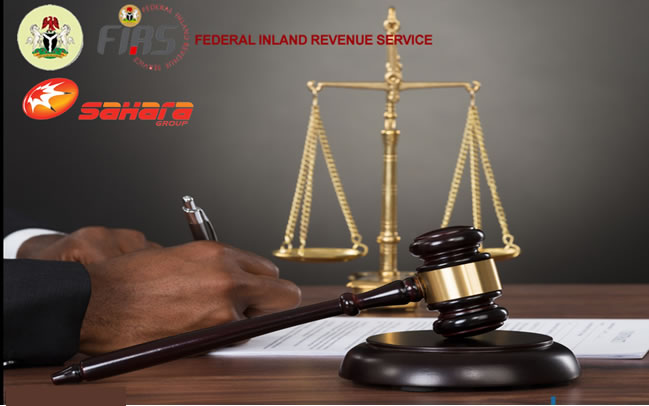
 167 views
167 views
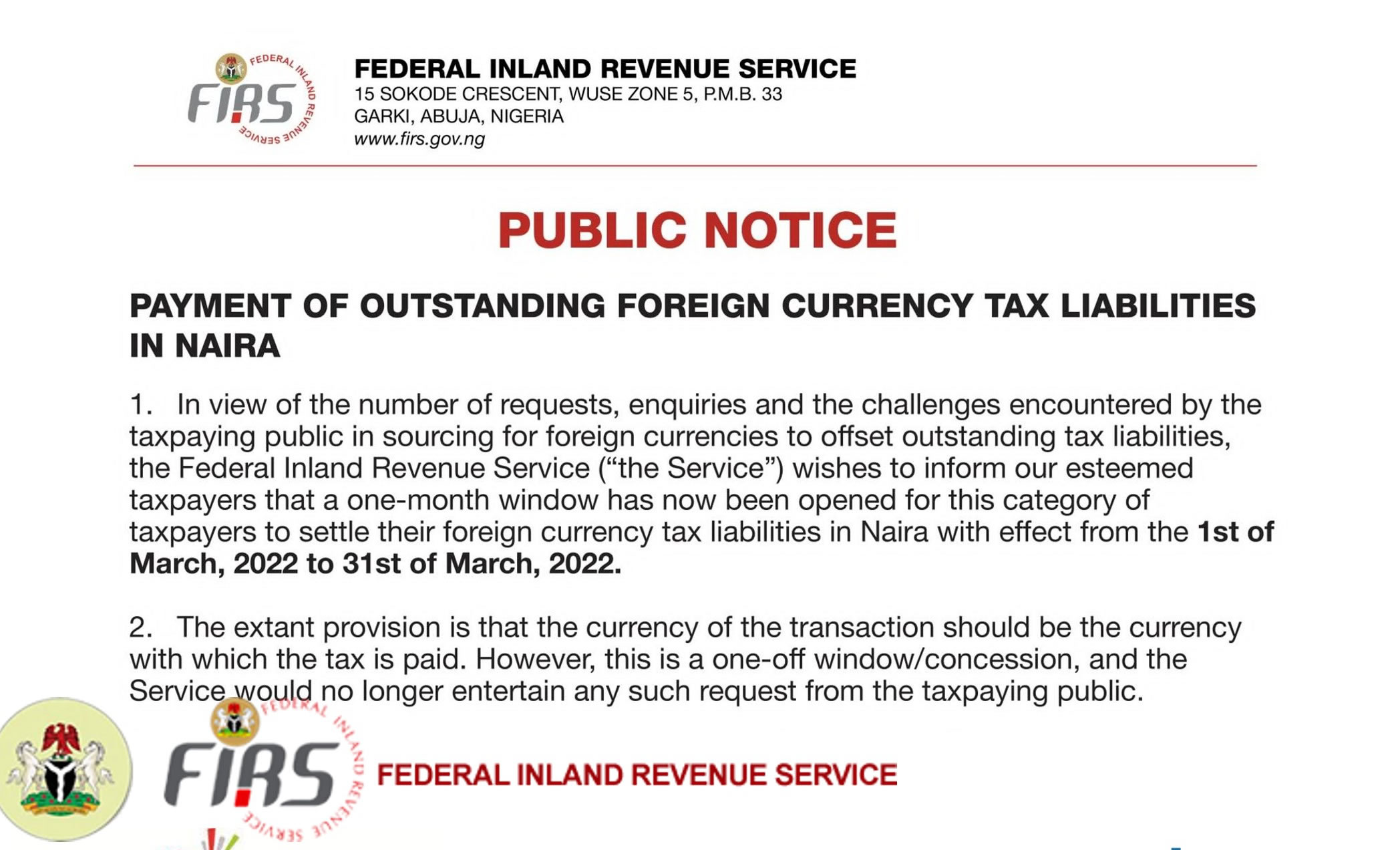
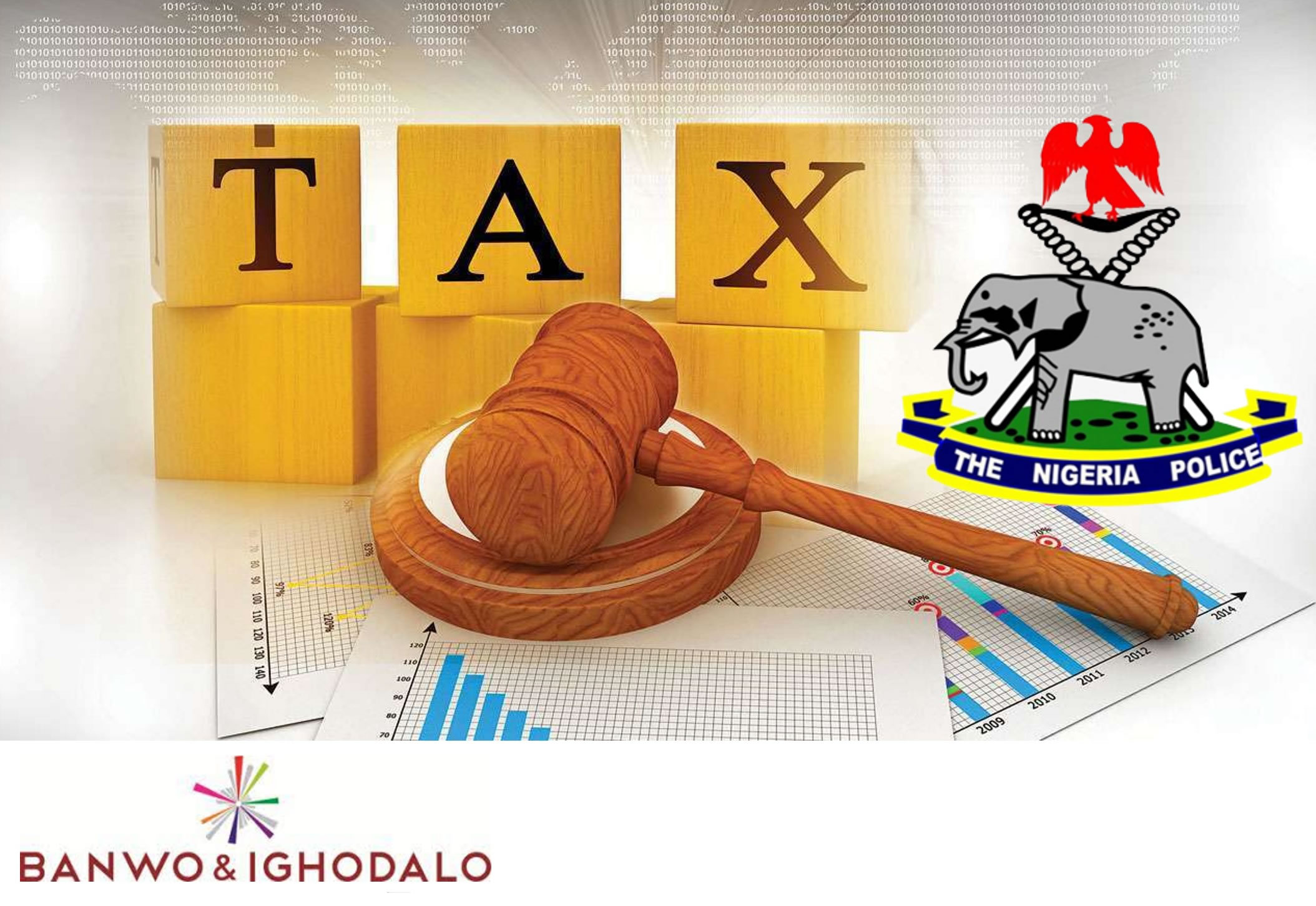
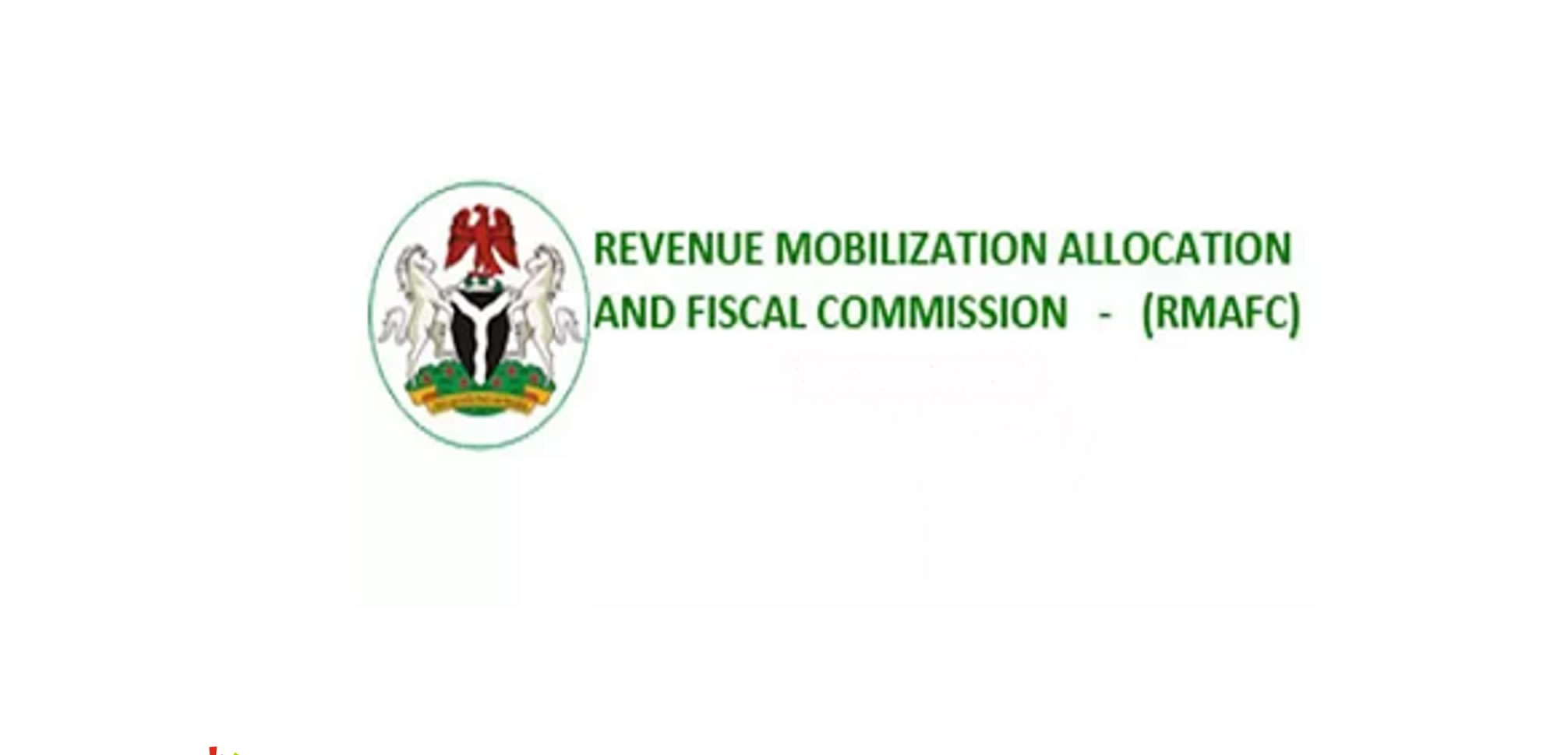
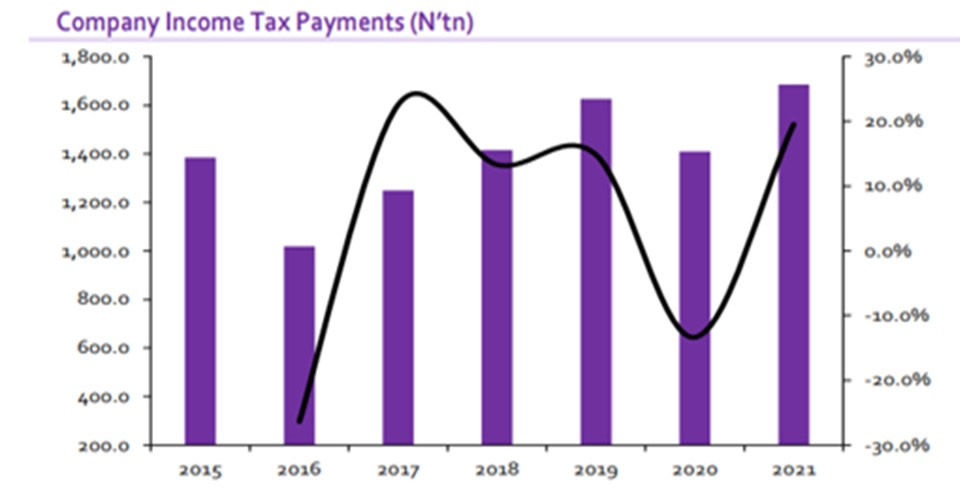





 Sponsored Ad
Sponsored Ad
 Advertise with Us
Advertise with Us









